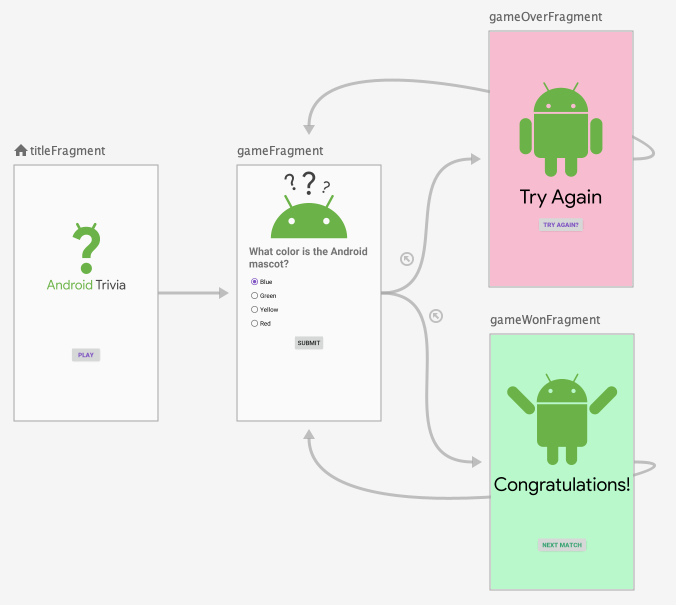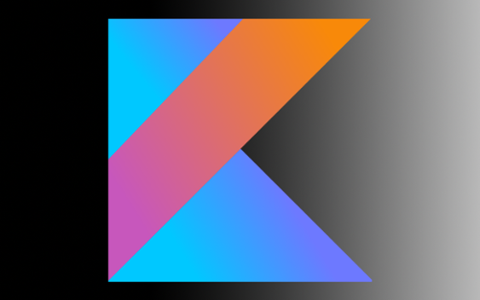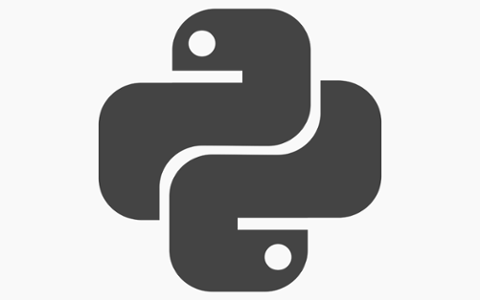Google really wants developers to learn how to build Android apps in Kotlin.
In order to make that happen, the search-engine giant is pushing two new, tutorial-based courses via codelabs: Kotlin Bootcamp for Programmers and Developing Android Apps in Kotlin.
“Kotlin Bootcamp for Programmers” is exactly what the title promises: a walkthrough of Kotlin programming, from writing simple statements to functional manipulation (including “extending builtin functions,” according to Google’s blog posting on the matter).
“Developing Android Apps in Kotlin” is likewise straightforward. You’ll run through “Hello, World!” to building basic UIs to constructing an app that requests data from a live server. There’s quite a bit of space devoted to Android Jetpack, a toolkit for building out Android apps, including components such as Work Manager. As you might expect, there’s also a focus on libraries, including ones for loading images, networking, and JSON-parsing.
All lessons allow you to test out your growing skills on an app, according to Google. “In each lesson, you will work with a realistically architected app and implement key features,” the company stated in its blog post. “For example, you start out learning how to deploy a dice roller app. You learn how to implement navigation by building the ‘Android Trivia’ game. You learn how to create a Room database by building a sleep tracker app.”

Google Driving Kotlin Adoption
Although Google has pushed developers to embrace Kotlin, many continue to use Java, the original language for building Android apps. Responding to a Dice survey this summer, some 85 percent of technologists opted for Java over Kotlin, suggesting that the latter language still has some distance to go if it wants to completely eclipse Java’s influence on Android development.
Meanwhile, developers are finding some uses for Kotlin beyond Android development. According to a recent survey by JetBrains (which created the language in 2011), some 62 percent of developers say they use Kotlin to build mobile apps; web backend projects came in second, with 41 percent, followed by libraries with 29 percent and tooling with 22 percent. (Very few respondents—roughly 9 percent—used the language for desktop apps, and even fewer utilized it for the Internet of Things.)
Even if Kotlin hasn’t managed to utterly crush Java in terms of Android development (which isn’t shocking, given how Java is a well-entrenched legacy language), Dice’s database shows that the number of job postings mentioning “Kotlin” has rocketed up since mid-2017, which is right around when Google announced that it would become a first-class language. Kotlin is also finding its way into specialized sub-markets such as finance; a front-office developer at one U.S. bank recently said that Kotlin is being used in place of Java and Scala for some applications.
In any case, if you’re interested in building Android apps, knowing Kotlin is key. And Google now has some additional resources for you.



